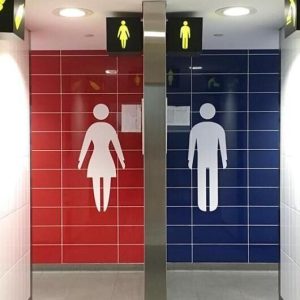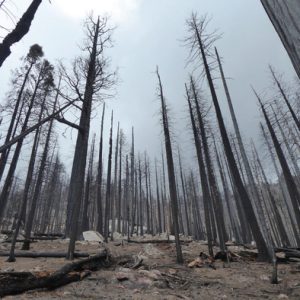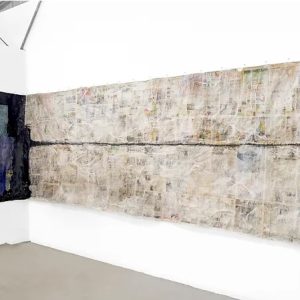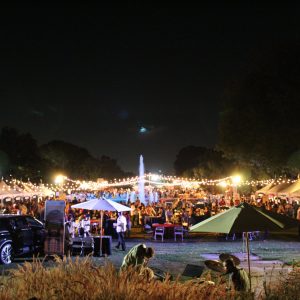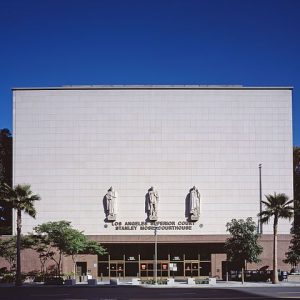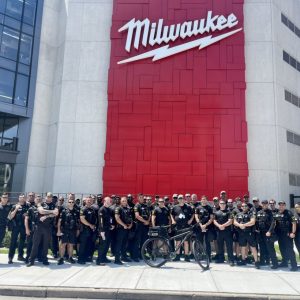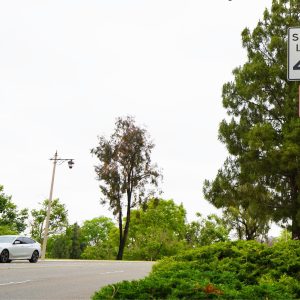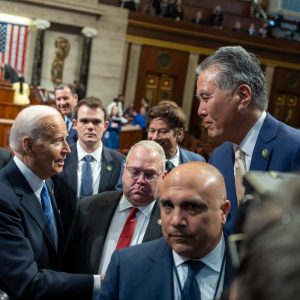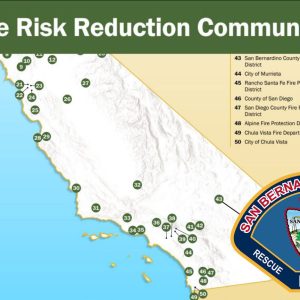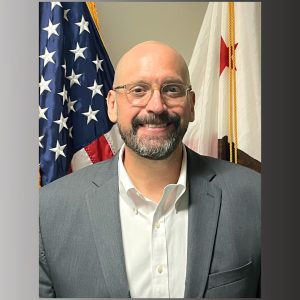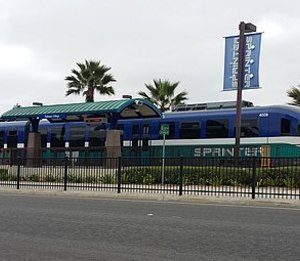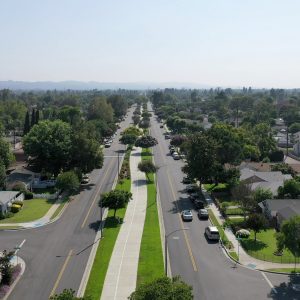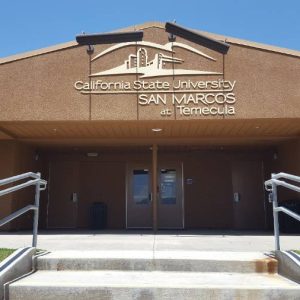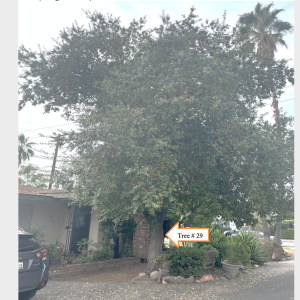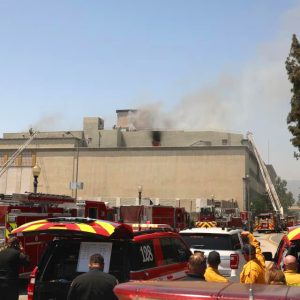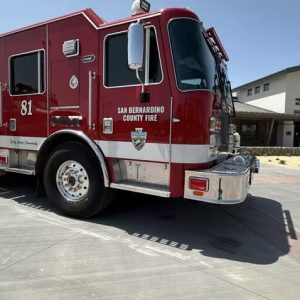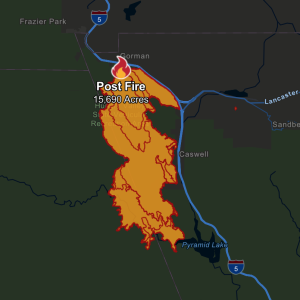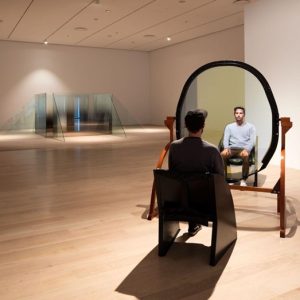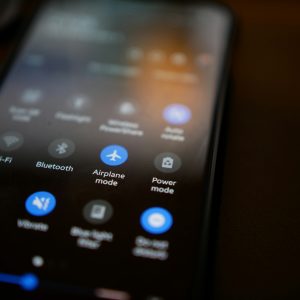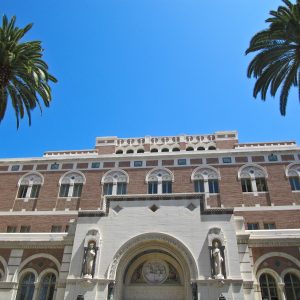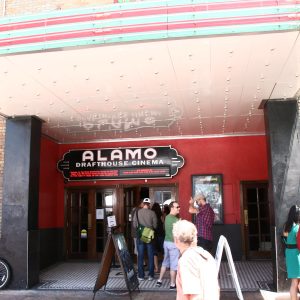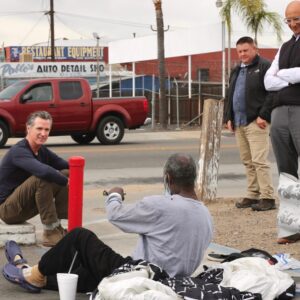 View Winners →
View Winners → 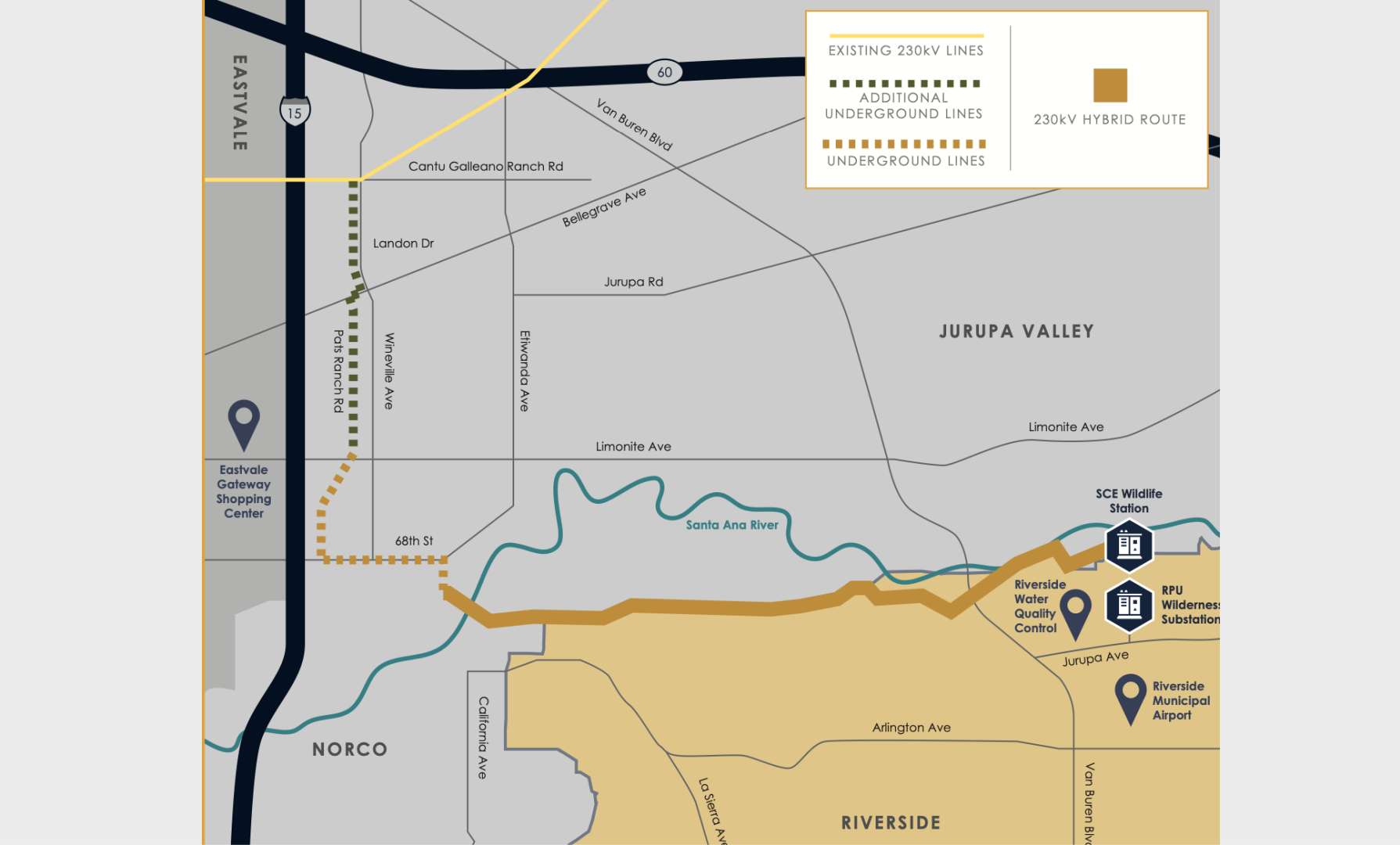
Norco city officials last week called on state lawmakers to suspend a Southern California Edison project to install above-ground electricity lines in a fire-prone area along the Santa Ana River.
On March 21, the California Public Utilities Commission voted 3-0 to reject the Norco’s petition to move underground the entire length of the Riverside Transmission Reliability Project.
“I am incredibly frustrated at the lack of concern for the impact giant transmission towers and power lines will have on the fire safety of Norco and our neighbors,” Norco Mayor Kevin Bash said in a statement. “I’m thankful that our local legislators are stepping in to ask that the current environmental effects are studied before the RTRP is constructed.”
Following the CPUC rejection, Norco officials have now thrown their support behind Assembly Bill 3076. The bill was co-authored by Assemblyman Bill Essayli, R-Temecula, and Sen. Kelly Seyarto, R-Murrieta, and introduced Feb. 16. AB 3076 seeks to put the transmission line project on hold until the utilities commission completes an updated environmental impact study.
On Oct. 2, the city of Norco filed a legal action asking that the commission reconsider the RTRP’s full undergrounding alternative. Norco’s “Petition for Modification” noted that the city has seen a “dramatic increase in the risk of catastrophic wildfires within its city limits since the original environmental impact study was conducted,” city officials said in a statement.
The legislation notes that the RTRP’s environmental impact report was prepared in 2013.
Norco officials are concerned that fire risk will greatly increase with the construction of an overhead, high-voltage power line passing through open space with a lot of flammable vegetation in the often windy region that provided the namesake for the Santa Ana winds.
“I am extremely disappointed in today’s decision to move forward with the dangerous plan to build above-ground transmission lines along the Santa Ana River,” Essayli said in a statement. “AB 3076 will halt approval for the project until a comprehensive environmental impact study that considers the true fire risk is completed.”
Dozens of area residents, along with U.S. Rep. Ken Calvert, R-Corona, and Riverside City Council members Chuck Condor and Steve Hemenway, spoke verbally and in writing in support of Norco’s petition at the March 21 utilities commission meeting in San Francisco.
“Residents called in, wrote letters, and sent comments to make sure their voices were heard,” Norco Mayor Pro Tem Greg Newton said in a statement. “It is disheartening to watch the Commission ignore the local voices that will be most affected and move this project forward without considering the expert testimony of our local fire chiefs.”
Norco officials have voiced concerns about the RTRP since 2017 and have publicly opposed the building of any above-ground power lines in the area of River Trails Park along the Santa Ana River and in Norco-adjacent neighborhoods outside the city limits, according to the city statement.
Since 2004, the city of Riverside has advocated for the transmission line project to provide the additional power capacity needed to reliably meet the city’s existing and projected increasing demand for electricity.
“Riverside is the only city of its size in Southern California to have only one connection of this type to the statewide grid,” according to a city statement announcing the RTRP’s 2020 approval by the utilities commission. “This leaves Riverside subject to a significant power outage like the one that left most of the city without power for several hours in 2007.”
Norco officials, however, maintained that “the approved above-ground transmission lines present significant hazards, specifically wildfire hazards, to surrounding communities.”
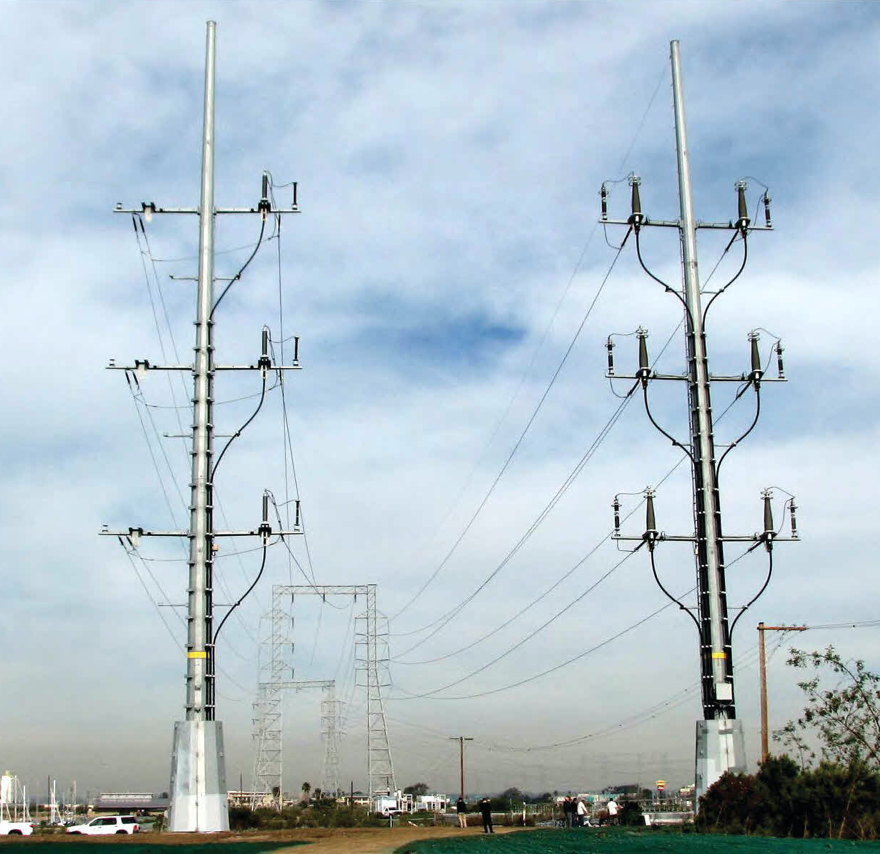
As a result of a lawsuit brought by Jurupa Valley property owners, Edison revised its application to the utilities commission in 2016 to place about half of the project’s transmission lines underground in Jurupa Valley.
Edison has estimated the project will cost between $408 million and $521 million, with more underground lines raising the overall cost compared with above-ground transmission lines.
For more information on the project is at www.norco.ca.us/RTRP and on the city of Riverside’s website, https://riversideca.gov.





